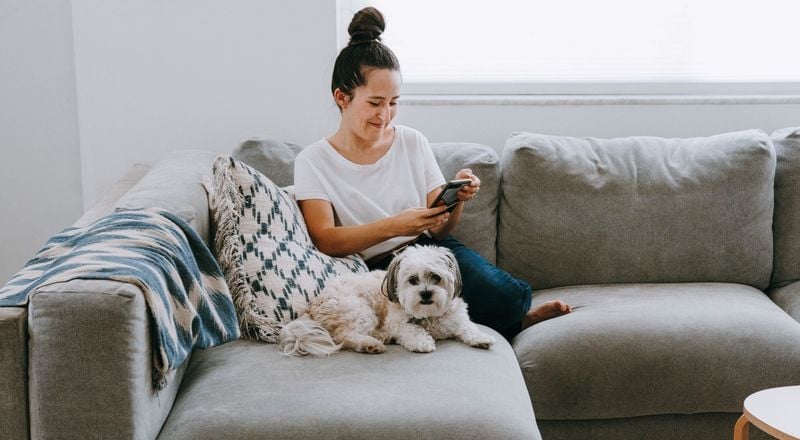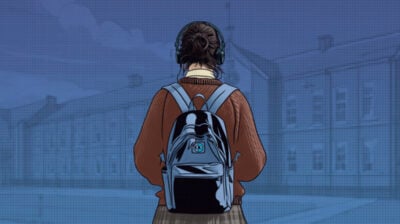My tips for dealing with an eating disorder during COVID-19
Aisling has some advice for looking after yourself and manage your eating disorder during the pandemic

I have been in recovery from an eating disorder now for almost four years. It has been a long road of complicated appointments, hospitals and fortisip bottles! What I have learnt is that it is the simple things that are always the most helpful. But it is also the simple times that can be most challenging. Through my recovery I always found days off the most challenging. With the COVID-19 pandemic, this is a time of long unstructured days. I thought I would summarise what I have found most helpful.
Stick to the meal plan
Your meal plan is the absolute foundation of everything that is to come with recovery. Your meal plan is as important for your mental health as your physical health. It can be difficult at times like this where there is a temptation to sleep in through meal times, or the eating disorder voice lies to you saying for any reason you do not need the amount of food on your meal plan in this circumstance. You do. I know that for me an overwhelming challenge was feeling like I was eating more or more often than the other people I was living with, and my eating disorder raged on that. But the fact is, you have different needs because of your eating disorder. Other people can do different things because they do not have an eating disorder. The most important thing I noticed in my recovery was that the more anxiety I will be feeling about a meal/snack often relates to how long it’s been since I last ate. Stable blood sugar levels and regular eating is absolutely key to managing the anxiety around food.
One thing at a time
Break the day down into small chunks, an entire day can feel very overwhelming. I found it helpful to break the day down into segments created by the meal plan. Breakfast – morning snack, morning snack – lunch etc. Take each segment of time as its own opportunity. Try to ditch the eating disorders commentary of what you should/shouldn’t be doing. Set small goals for yourself, such as getting dressed and showering or whatever helps you feel better. Try not to beat yourself up for how you’ve spent past segments of time, just focus on the one you have right now.
One meal at a time
Again try to ditch all the running commentary in your head about what you should/shouldn’t eat at this meal because of previous or future meals. They do not matter, one meal at a time. I found this vital for coming back to the recovery routine after using a disordered eating behaviour . Even if I spent the entire afternoon engaging in disordered eating behaviours, when dinner time came it was time for a full meal plan dinner. I found this most important psychologically to reset. It stops the behaviour spiral in its tracks. Also its part of keeping a routine and stable blood sugar that in my experience really helps protect you against urges to use disordered eating behaviours.
Find simple things to distract yourself after meals
For me Netflix, naps, knitting and peppermint tea were all very helpful. Other people I met in treatment favoured colouring, journalling or jigsaws. No matter what it is, find something that works for you and that you enjoy doing.
Keep your goals in mind
Recovery is long and it can feel endless and tedious. Remember every time you resist giving into the eating disorder is a real step away from the pain that started you on this journey. Something I found, and still find useful was making a scrapbook of quotes I found motivating. As well as a ‘vision board’ which is a collage of pictures or descriptions of things you want from your future that will not be possible with your eating disorder in it. This is a great project for just now with all this free time on our hands! I love my vision board because now I can see the things I had dreamed of that have become available to me, like being able to sustain a healthy relationship and go on holidays if I want to. While also keeping me motivated for things in my future that recovery is essential for such as having children and a career.






